Roll For Insight: Why Gaming Unites Us
January 11, 2019 by cassn
Christmas is easily my favourite time of year (yup, I’m still talking about it). There’s good food and pretty gifts and cheesy tunes and so many sparkles and glitter that sometimes I feel like I’ve fallen into John’s secret wardrobe. But Christmas is also my favourite time for gaming. Despite working at a desk literally ten feet from shelves packed with top games, I rarely get time to sit down to a board game with my friends. Cool job or not, we’re all still busy twenty-thirty somethings who can barely get a lunch date together, let alone a day of quality gaming.
The festive season is different. On boxing day, I and a group of equally geeky friends gather together to peel back the cellophane on the previous day’s gifts, release components from their cardboard prisons, and game until our hearts are full and the mulled wine is empty. This year saw Fog of Love expansions, Holding On: The Troubled Life of Billy Kerr and Secret Hitler strewn across my gaming table, to name a few. My house becomes a flurry of rulebooks and meeples and I wouldn’t have it any other way. It’s a heartwarming tradition that makes me appreciate the holiday for what it is really meant to be about - you and the people you love being together. This season is about an emotional closeness which for me only comes through gaming, even when Ryan blind-lucks his way into a significant lead despite never hearing of this game before and I’ve been waiting on it coming out since goddamn February!
Ahem. Yes. Heartwarming togetherness.
My point is (as it is in most articles I write) that gaming is a positive route towards social engagement and one which is, worryingly, becoming more and more essential. Current research has shown that over nine million people in the UK report that they are always or often lonely. Action for Children found that, of the young people using their service, 43% had reported issues with loneliness, and 24% of surveyed parents reported feeling alone or isolated.
Half a million older people go at least five or six days a week without seeing or speaking to anyone at all.
And this epidemic of isolation isn’t just psychologically harmful, it has physical consequences too. Research has shown that chronic loneliness is as harmful as smoking fifteen cigarettes a day, and can increase the risk of death by 29%. Loneliness can lead to depression, dementia, and even heart disease. The facts are crystal clear - loneliness kills, and its prevalence is on the increase in society.
But gaming - especially tabletop gaming - can provide hope in changing these current trends. While common knowledge amassed through mainstream media would encourage us to believe that gaming (in particular, video gaming) is a harmful, violent, and isolating past time, in actuality the opposite has been proven true. Numerous studies have shown that games can aid in the treatment of anxiety and depression. Gaming engages the puzzle and reward pathways in the brain - areas which are shown to be chronically understimulated in people with depression. Gamer and content creator Josh Pappenheim only decided to get treatment for his crippling anxiety after playing Firewatch for five hours. His reason:
I found myself forgetting about everything else. Working through the problems the game threw at me, I realised that, for the first time in a long time, I was approaching something from a positive, solvable perspective.
Of course, there are always going to be issues with self-medicating through play. Game addiction is a real problem, and those with an escapist mindset and an addictive personality may soon find themselves consumed by the same isolation and loneliness they were trying to free themselves from. However, in some respects, tabletop gaming may negate these addictive qualities while still providing a sense of achievement and value for the player. After all, unlike video gaming, tabletop games often require a social presence - even if an addiction takes hold, other players are often a necessity to continue to feed the Warhammer monkey on your back. That is not to say that solo play is not an equally valid (and fun!) way to game, but the difference between solace and social isolation can be found in the mindset of each individual player.
And there is evidence that tabletop gaming can have the power to turn the tide of loneliness. Trendsetters like Billy Brown, a gamer who experienced extreme social disengagement, are rising to the forefront of their communities in an effort to bring people together. Billy was chronically isolated, leaving his house fewer than ten times in seven years and becoming consumed by thoughts of suicide and an online world of extremist echo chambers.
Image: BBC News
After reaching his lowest point, he finally decided to seek help. Fourteen months later, he has developed and designed a role-playing board game which can help others who find themselves in the same situation.
His game allows players to create fantasy representations of themselves and then complete a series of ‘social’ tasks. Players can also earn extra points by taking on real-world challenges between sessions, such as posting on social media or completing a task they have been avoiding. Billy hopes that no one will have to endure loneliness like he has, and states that the board game is about the “redemptive power of community”.
Image: BBC News
And Billy is exactly right - there is a redemptive power in the gaming community. When I am low or stressed, it’s easy to just order a pizza, open the wine, and load up Final Fantasy VII on the PlayStation. On regular occasions, I do; after all, there’s nothing wrong with enjoying time on your own! But, sometimes, I make that little bit more effort. I call my friends and spend the better part of an hour trying to find a day which suits us all. It’s a challenge, and often the primary achievement for any gaming night is that it happens at all. But when we are gathered, the result is redemptive. I laugh, I cry, I once threatened to put my friend Duncan’s head through his own dishwasher (jokingly, of course…).
The point is, I am redeemed. I am renewed. There is an unmatched joy in the moments when we take each other on in a battle or overcome a shared foe, which can only be found within our community. And, as we go into the new year, my resolution is to utilize that redemptive spirit to better the lives of those around me. That means more game nights, more players, new games, and plenty of new opportunities. I would encourage you to promise to do the same.
Let’s make 2019 the year where we not only recognise the love and comradery within our community but embrace the hope it can bring.
Happy 2019 to you - I hope you spend it in good company.
"...I laugh, I cry, I threaten to put my friend Duncan’s head through his own dishwasher (jokingly, of course…)"
Supported by (Turn Off)
Supported by (Turn Off)
Supported by (Turn Off)































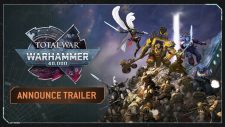









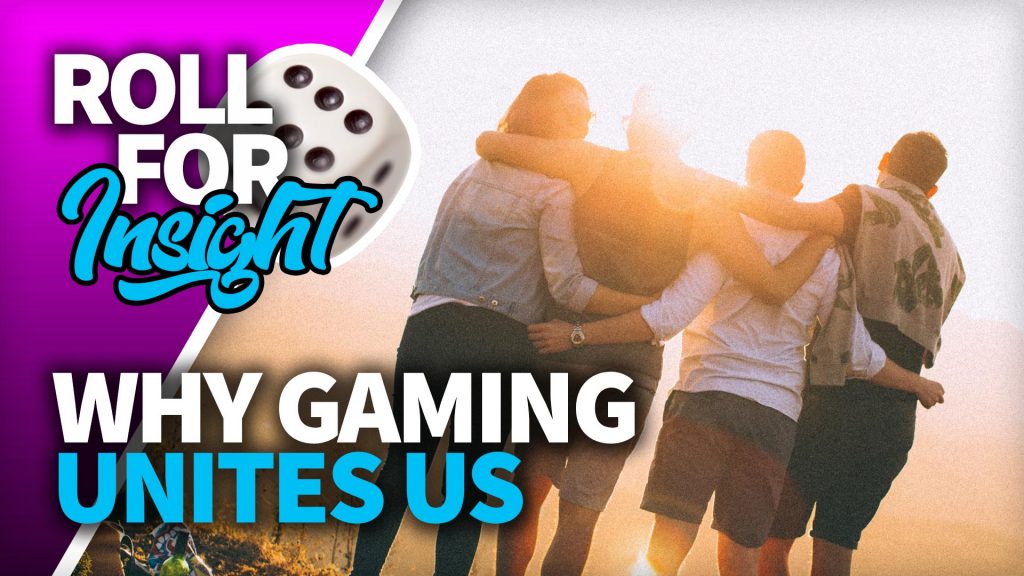
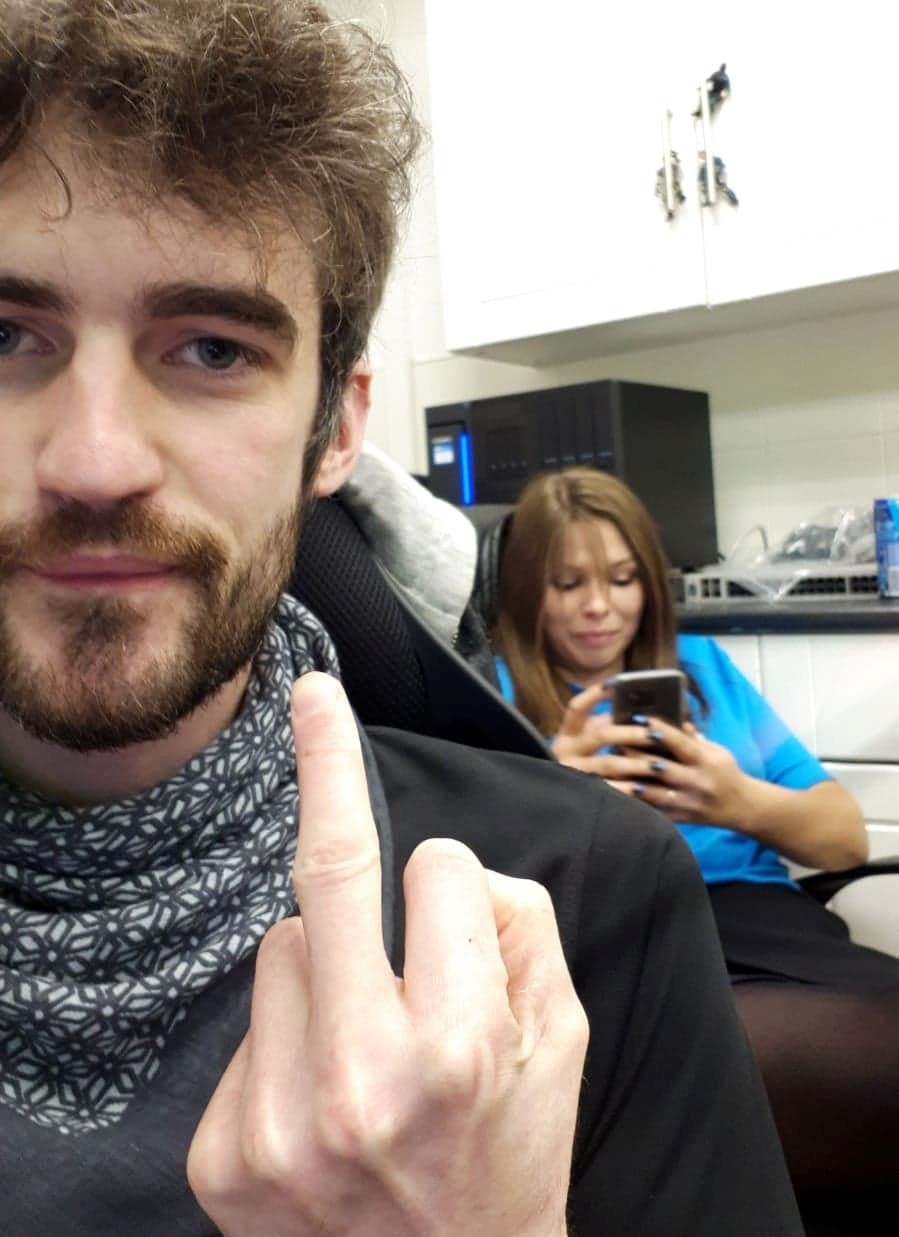
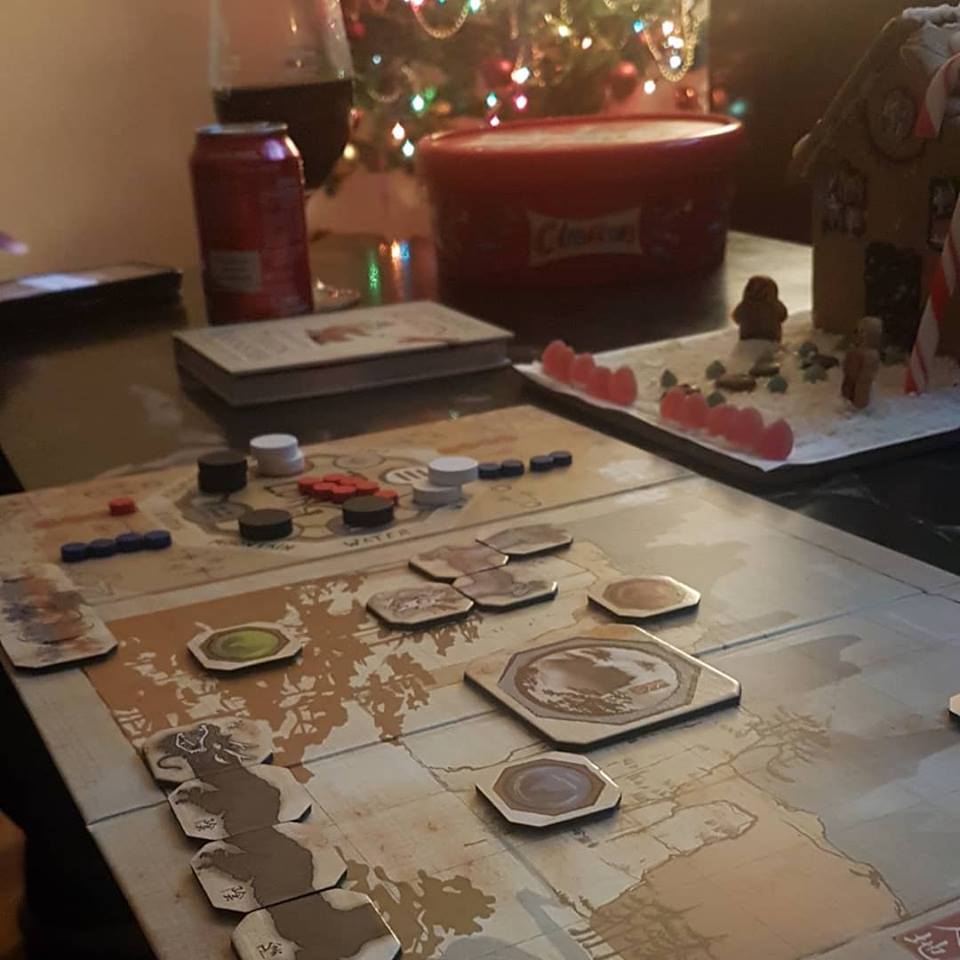

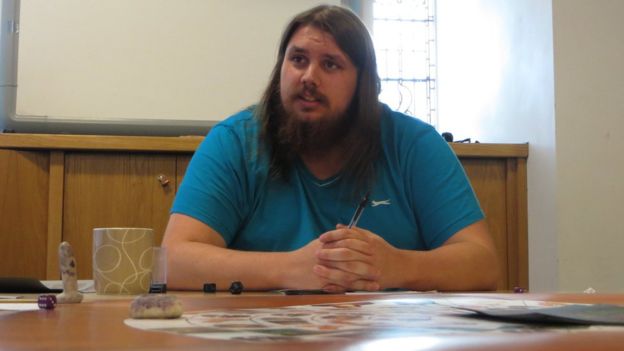

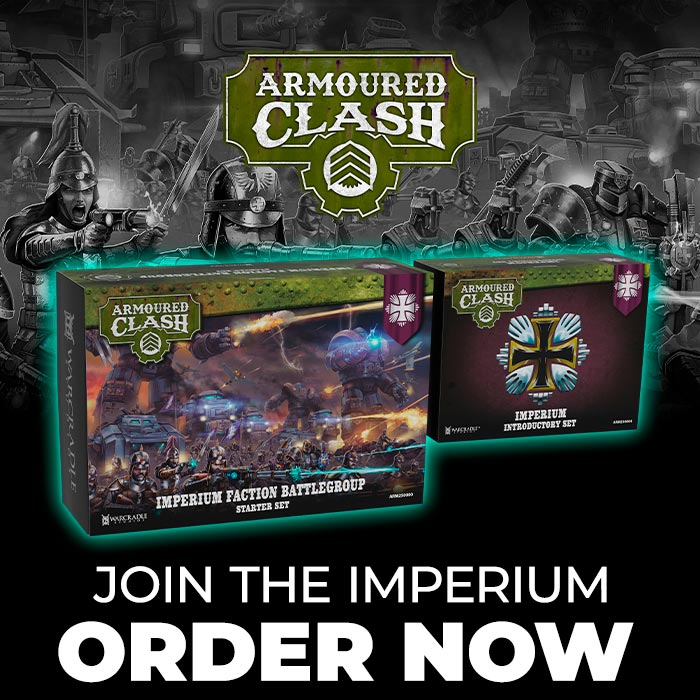


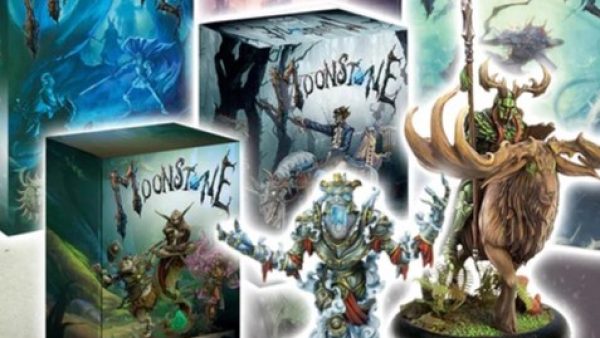
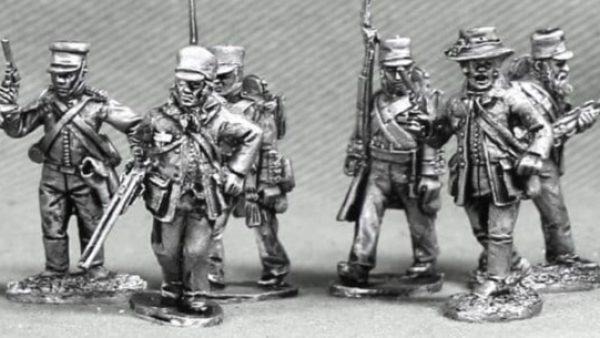

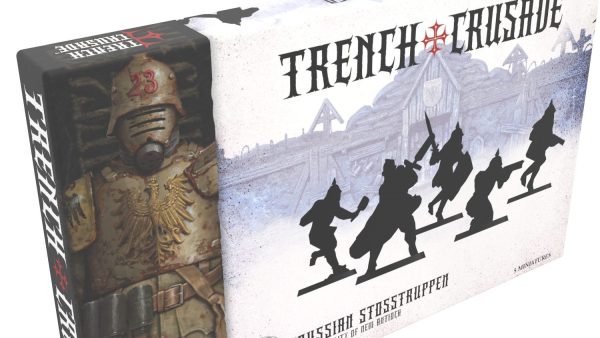
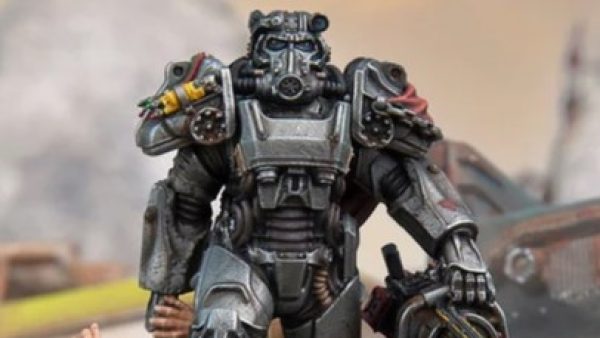
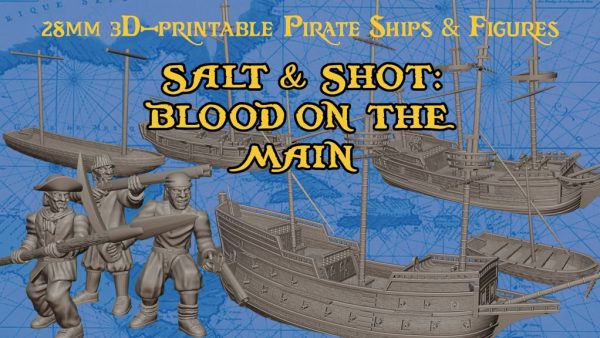
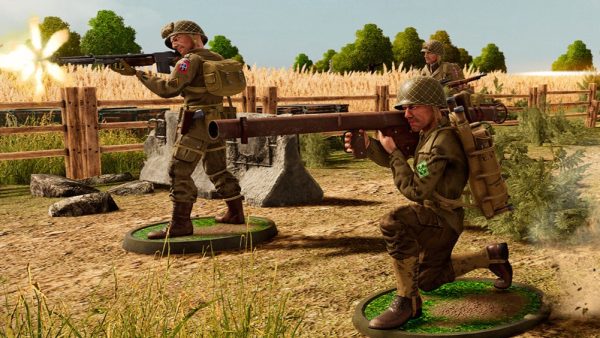

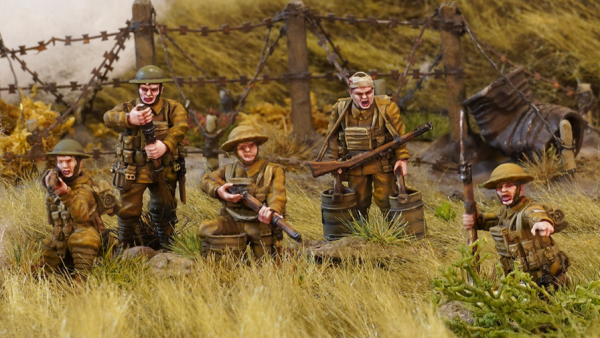


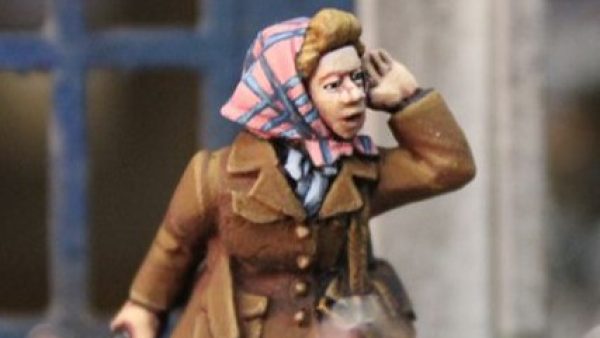
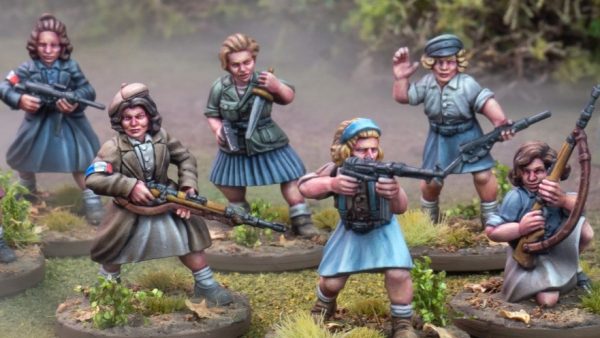
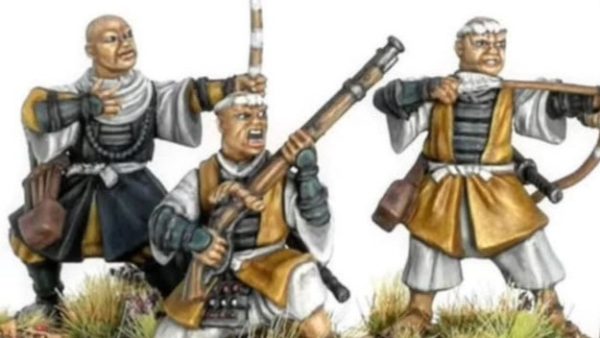
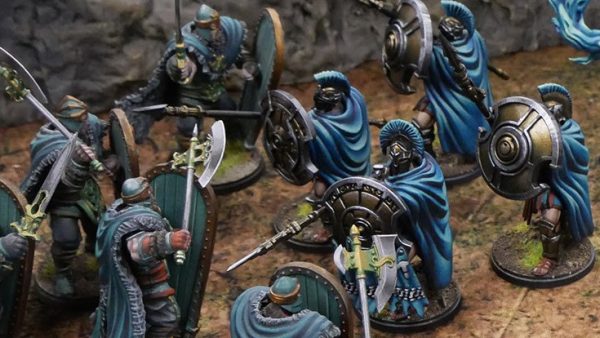
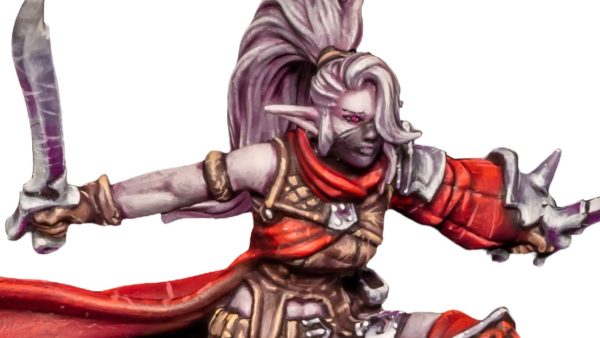
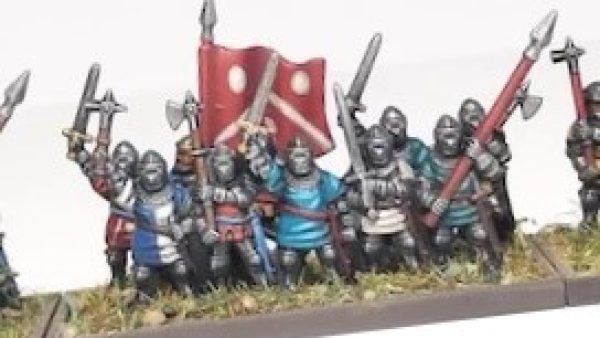



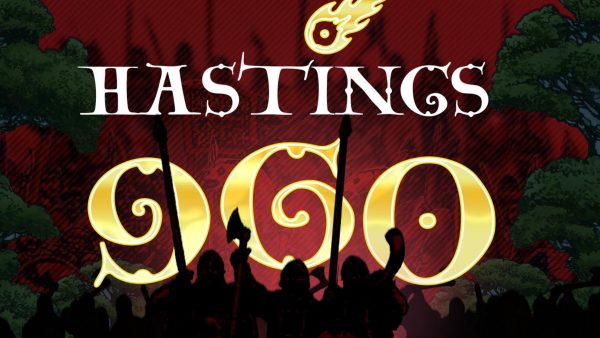
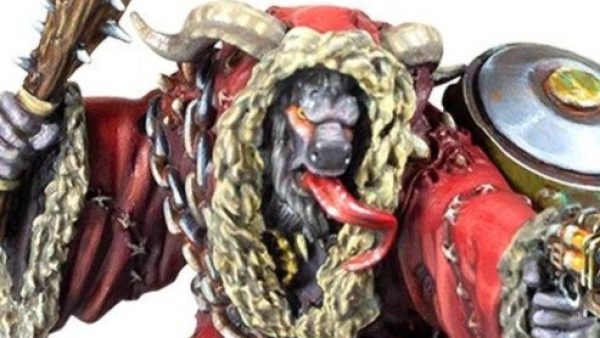
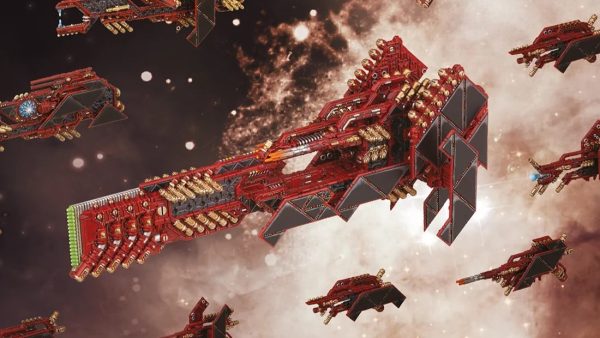
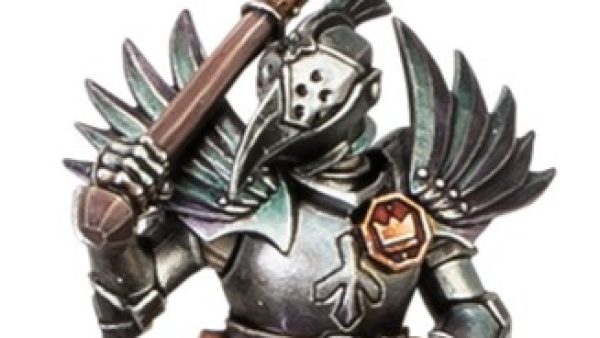

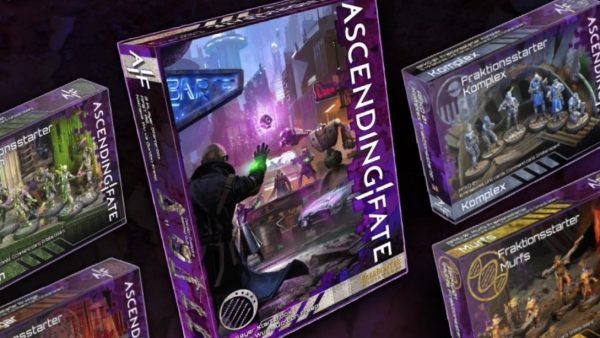

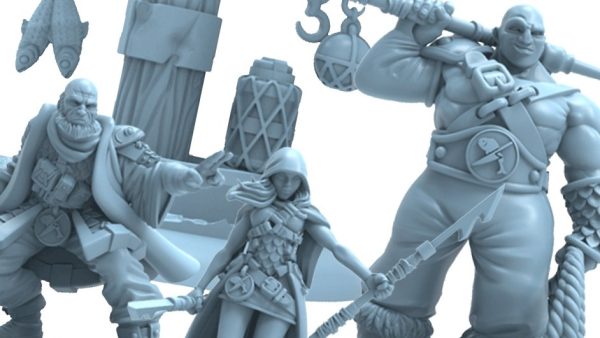
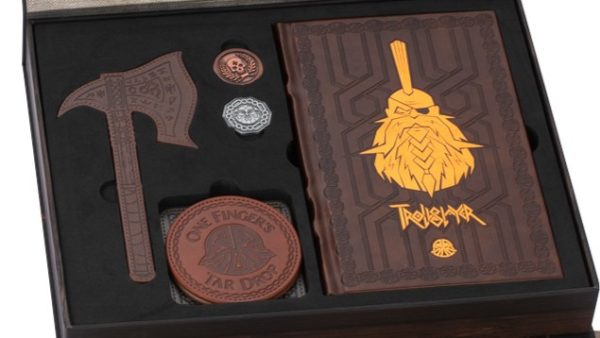

Can’t add anything more. great writing… but “warhammer monkey”? 😉
@sundancer ‘monkey on your back’ is an expression which suggests that a person has an addiction – I’m guessing @cassn may have been jokingly hinting of an addiction to the Age of Sigmar Champions game…
I now the expression but I think there is more than warhammer that fuels that monkey… tanks (looking at you John) or pink models (hello Amanda) 😉
Yay nothing like a bit of witty sarcastic banter or fun death threats during a game when you kill the others commander or similar Lucky dice roll changes the game. but as you say getting times for gaming can be the hardest part in the first place with work n life taking up more time for many of use most of the year. a good if a bit of a Eye-opener to the plight’s of others
Excellent article. I moved to a new city, found the local gaming club and the gaming bug is still going strong. I may have slowed down due to life, but i always make time for alittle interaction with the gaming gang. Doesn’t matter if you win or lose, just get out and roll the dice ( or whatever ) and it’s the first step.
Thank you @cassn – another excellent “Roll for insight” article.
Thanks @cassn great article – just the right balance of humour and sincerity when touching on some important points.
If anyone reading this does feel perhaps slightly isolated from the broader hobby community can I please urge you to consider joining in with everyone on OTT every now and then? I appreciate making the first few comment or forum posts may seem a little confronting but this is by and large a great community, and the perspective or ideas you may contribute to a conversation are no less valid than those of someone who has been posting for years 🙂
Fantastic article, well written and thought provoking, I too share the pain of trying to organise my gaming groups collective calendars a task seemingly more complex than differential calculus.
Last year I joined a new boardgames club meeting at my local pub,it rapidly grew and we get 20-30 people turning up twice a month. I always look around and notice the broad spread of people it pulls in which is great to see. Everyone from parents with ten year olds through to pensioners!